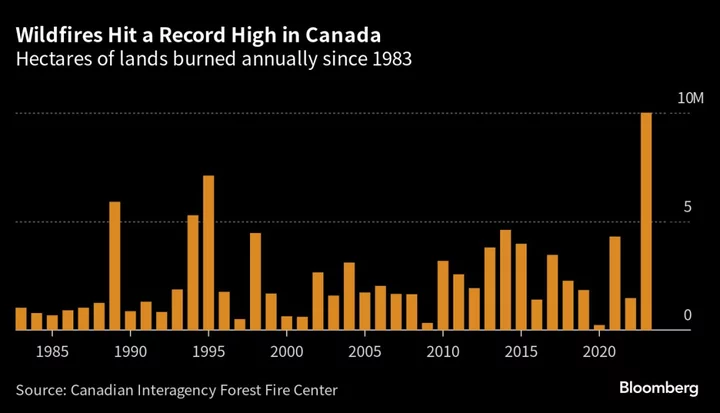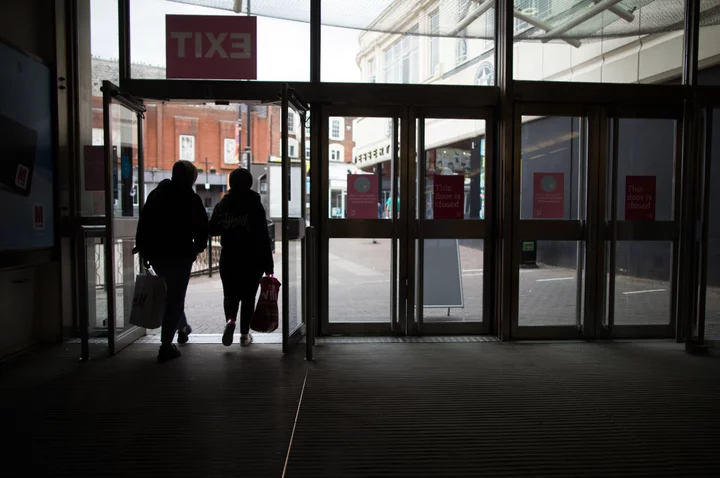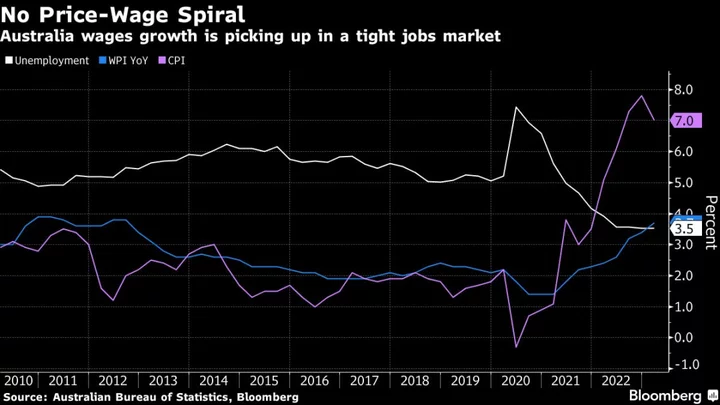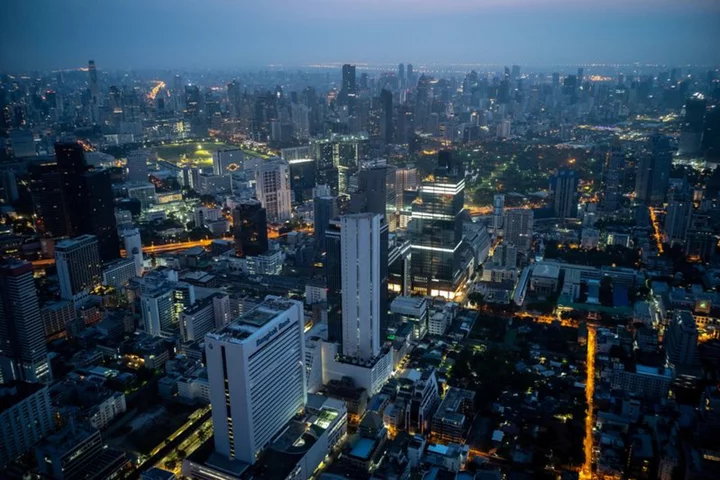Canadian wildfires have scorched more than 10 million hectares (25 million acres) this summer, an area about the size of Iceland, with no end to the burning expected anytime soon.
About 900 active fires were reported as of Saturday, most of which remain out of control, according to the Canadian Interagency Forest Fire Center. One firefighter was killed Thursday after a tree fell on her.
British Columbia is currently getting the brunt of the burn, following massive fires in Alberta and Quebec earlier that have impacted oil, logging and mining operations.
“Firefighters and emergency management personnel in British Columbia are working tirelessly,” Canada’s Emergency Preparedness Minister Bill Blair said in a tweet Friday. Prime Minister Justin Trudeau’s government is mobilizing resources from across federal departments and the Canadian army.
Forest fires in Quebec last month blanketed the US East Coast with unprecedented smoke. New York City was the most polluted city in the world on June 7, prompting people there to stay indoors or wear masks.
Above-normal wildfire activity is to be expected as climate change leads to more extreme weather conditions and droughts. Additional investment in operational forest firefighting capabilities might be needed in the future.
The amount of forest burned annually will double by 2050, the Canadian government has said. The country normally spends about C$1 billion ($757 million) per year to combat wildfires, which excludes billions in costs when communities are destroyed.
Read more: Canada’s Record Wildfire Season Set to Worsen as Heat Builds









